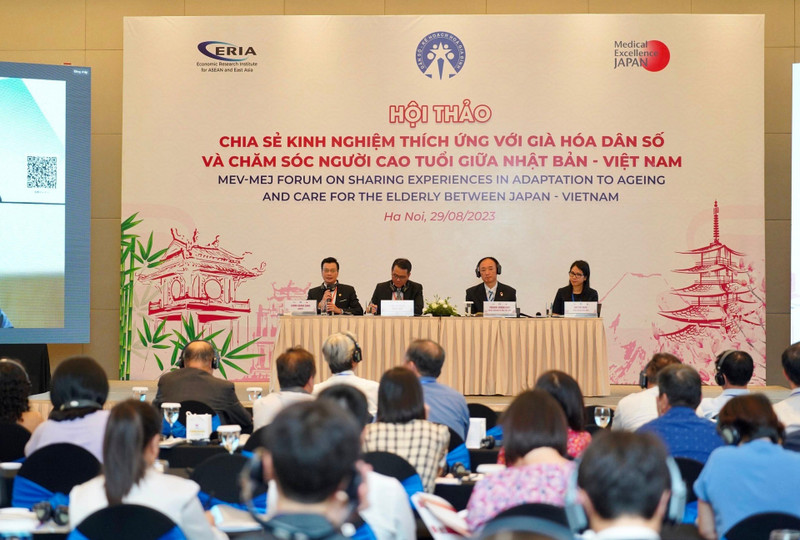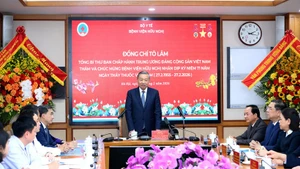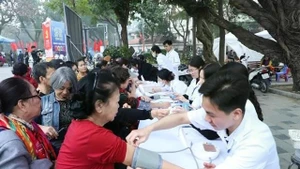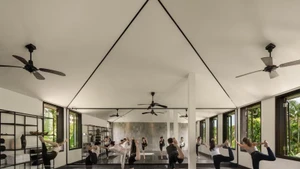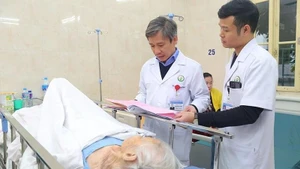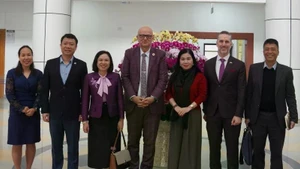That is the information given at the workshop on sharing experiences on ageing adaptation and care for the elderly, between Japan and Vietnam, held in Hanoi, on August 29.
The workshop was organised by the General Office for Population and Family Planning, in collaboration with the Economic Research Institute for ASEAN and East Asia, and Medical Excellence Japan.
According to the General Office for Population and Family Planning under the Ministry of Health, Vietnam began its ageing population in 2011, with the number of people aged 65 and over accounting for 7% of the total population. In 2021, the number of elderly people in Vietnam will account for 8.3% of the total population (8.16 million elderly).
It is forecast that the number of elderly people in Vietnam will increase to 16.8 million people in 2039 and reach 25.2 million people in 2069. Vietnam will enter a period of ageing population from 2036, then the proportion of the population aged 65 and over will account for 14.2% of the total population.
Dr. Pham Vu Hoang, Deputy General Director of the Population and Family Planning department, said that Vietnam is one of the countries with the fastest ageing rate in the world. The time for our country to transition to the ageing population is very short, about 25 years.
“Population ageing poses serious challenges in terms of economic growth, social security, labour, infrastructure design, especially in the healthcare sector,” emphasised Dr. Pham Vu Hoang.
Particularly for Hanoi, according to Assoc. Prof. Dr. Ho Thi Kim Thanh, Department of Family Medicine, Hanoi Medical University, the capital has about 250,000 people aged 75 and older, who need a lot of social and medical support.
It is estimated that Hanoi needs at least 10 hospitals, geriatric departments, and specialized geriatric care medical centres, to serve the elderly.
Like Vietnam, Japan is ageing fast. The country's elderly population aged 65 and over in 2022 is 36.2 million, accounting for 29% of the total population.
This country has a lot of experience in building an ageing population society such as restructuring the health system, and geriatric care, building and administering aged care facilities, and building institutions for the level of social security policy, labour, and infrastructure design.
Experiences from Japan are valuable lessons for Vietnam in proactively adapting to population ageing.
